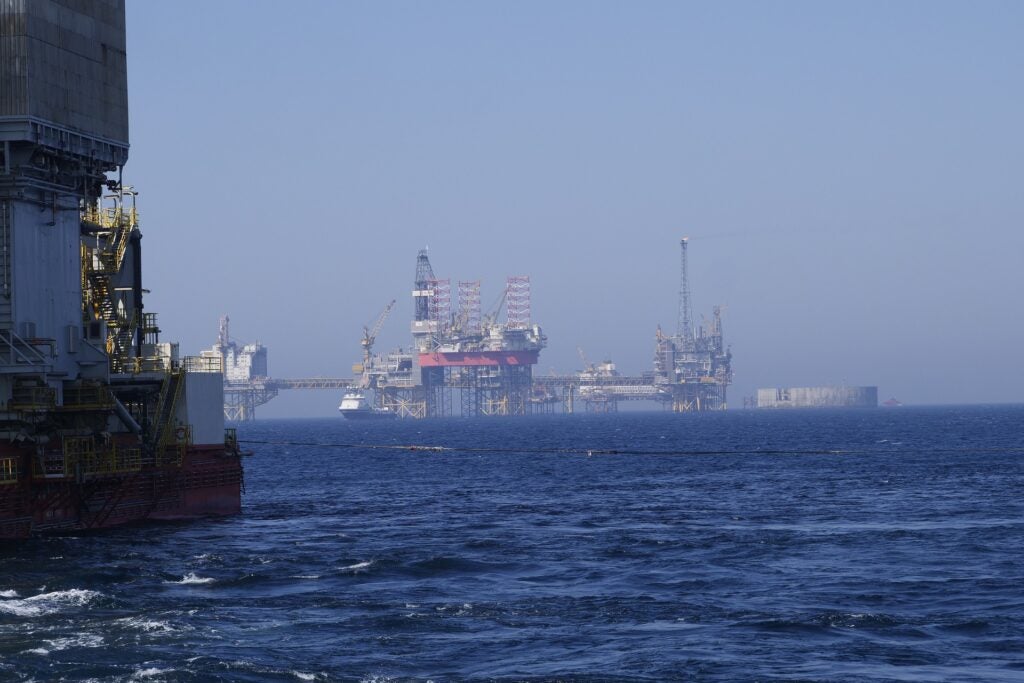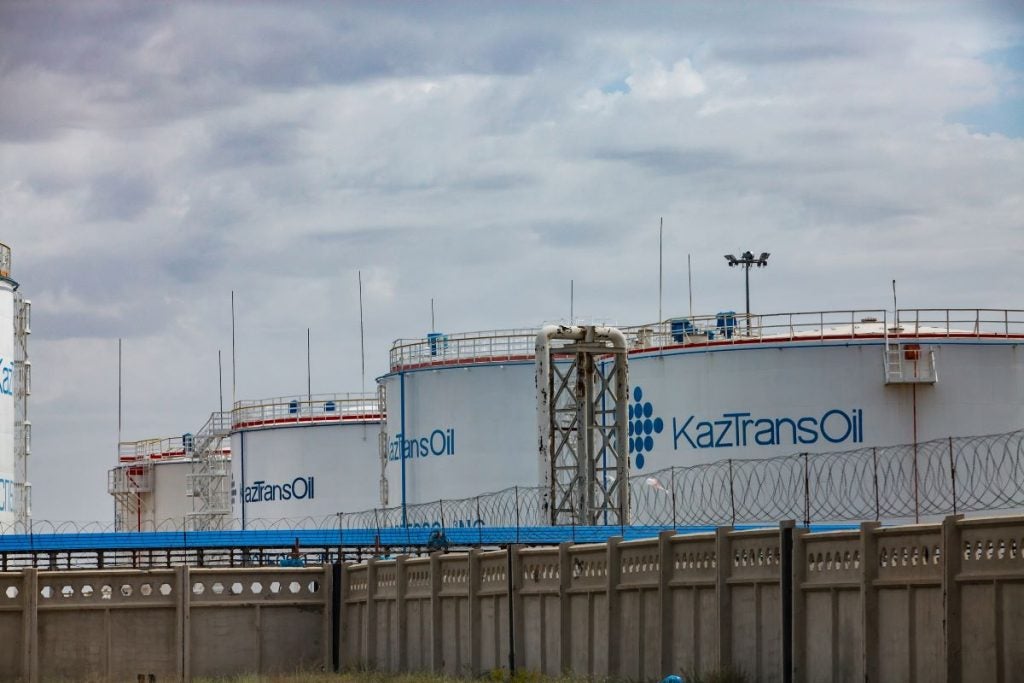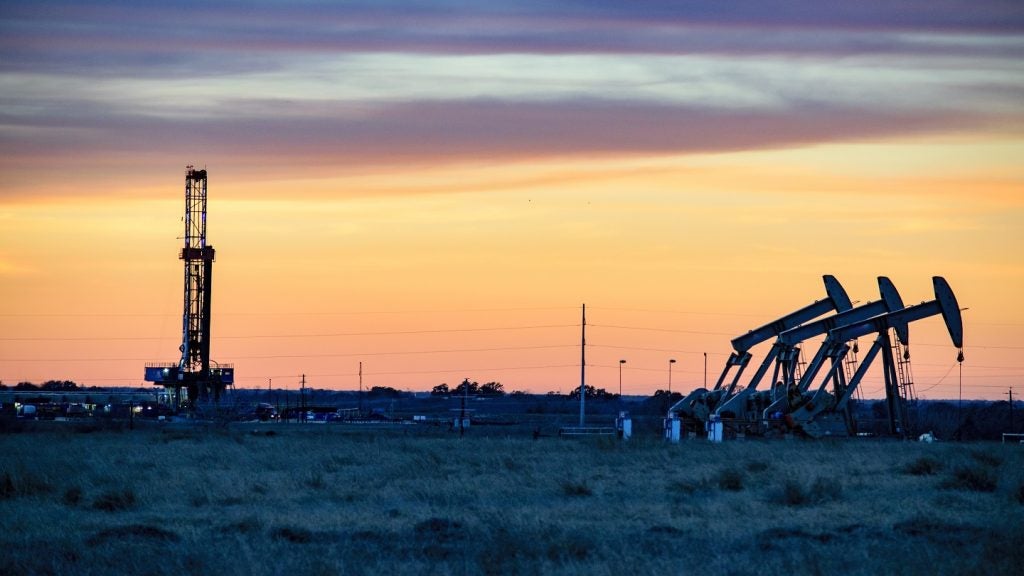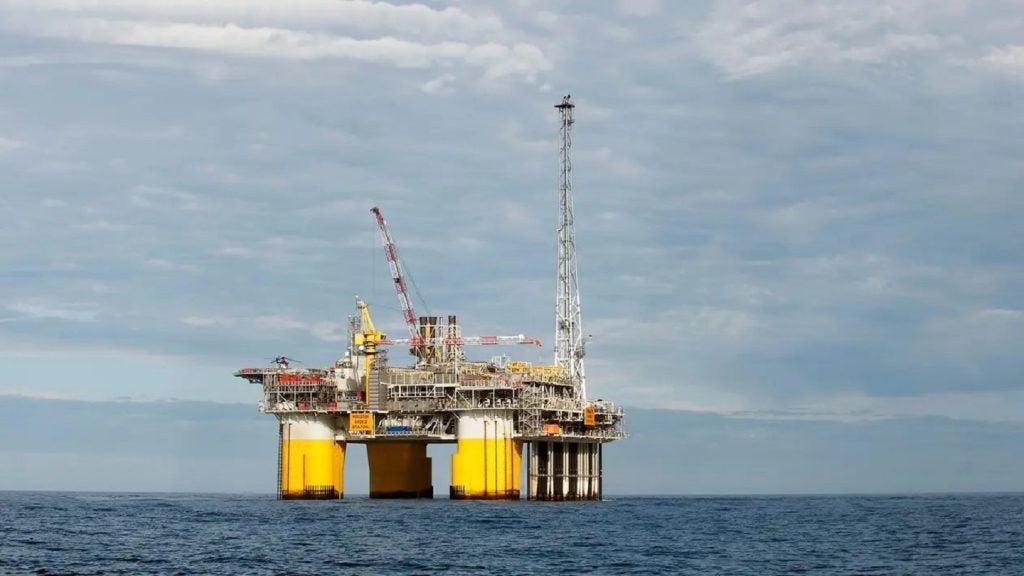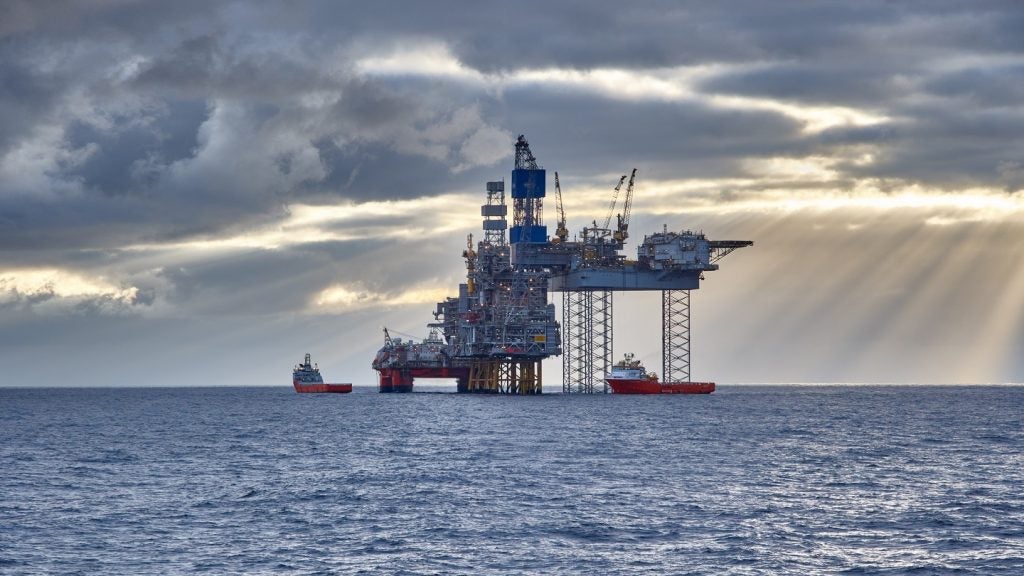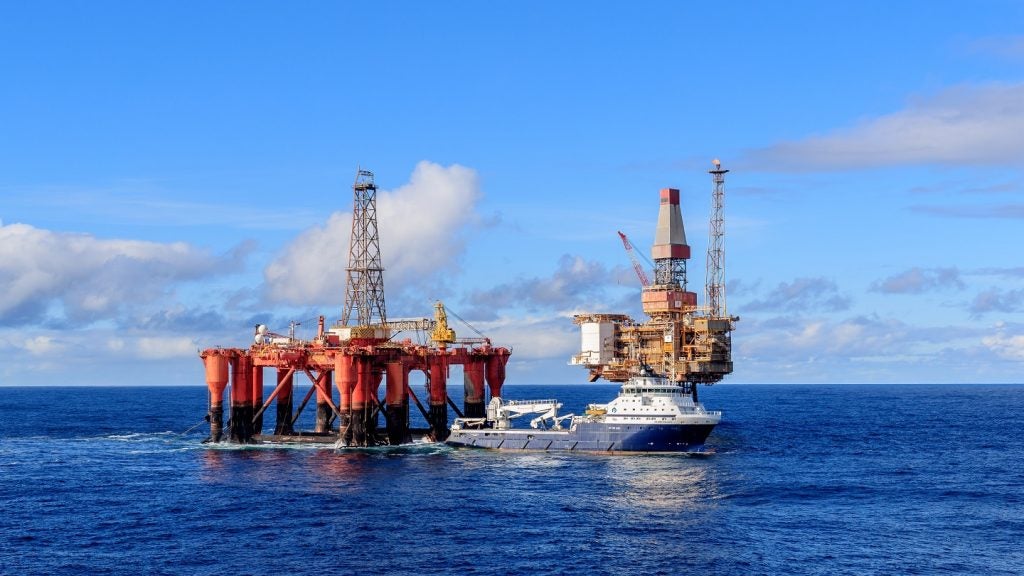Oil ports have closed across a 200-mile stretch of the Texas coast, from Corpus Christi to Houston, as Tropical Storm Beryl closes in on the area.
On Monday, strong winds and heavy rain forced the closure of ports, slowing the refining of oil and prompting the evacuation of some offshore production sites, Reuters reported.
Beryl hit the coast near the town of Matagorda, Texas, early Monday morning, with wind gusts hitting 87mph (140km/h).
Its core unloaded torrential rain of up to 10in, with areas south of Houston seeing some of the heaviest rain.
The US National Hurricane Center (NHC) said that the storm’s centre, located around 136km south-west of Houston, was forecast to move over eastern Texas on Monday, before passing over the Mississippi Valley into the Ohio Valley later this week.
Texas is the biggest oil state in the US, producing a record 1.92 billion barrels in 2023, an increase of 51 million barrels from the previous record, according to the Railroad Commission of Texas.
The state accounts for around 40% of the US’ oil output and 20% of its overall gas production.
Following the extreme weather, power outages in Texas exceeded 1.4 million, local utilities told Reuters.
Texas-based electric utility CenterPoint also told the news agency that the storm had damaged electricity provision. However, it had managed to restore power to more than 300,000 customers over the past 24 hours.
Several companies have seen their operations interrupted. At the weekend, Corpus Christi, the US’ leading crude oil export hub, closed operations and stopped vessel traffic in preparation for the storm.
Freeport LNG, the third-largest LNG facility in the US, also had to slow down production over the weekend and said it would resume normal operations once the storm has passed.
Freeport has only just resumed normal production activity following the enforced shutdown of its liquefaction trains for repairs.
The pipeline company Enbridge has activated emergency plans for assets under threat near the US Gulf Coast. Shell and Chevron have also stopped production and evacuated staff from their Gulf of Mexico offshore platforms.


